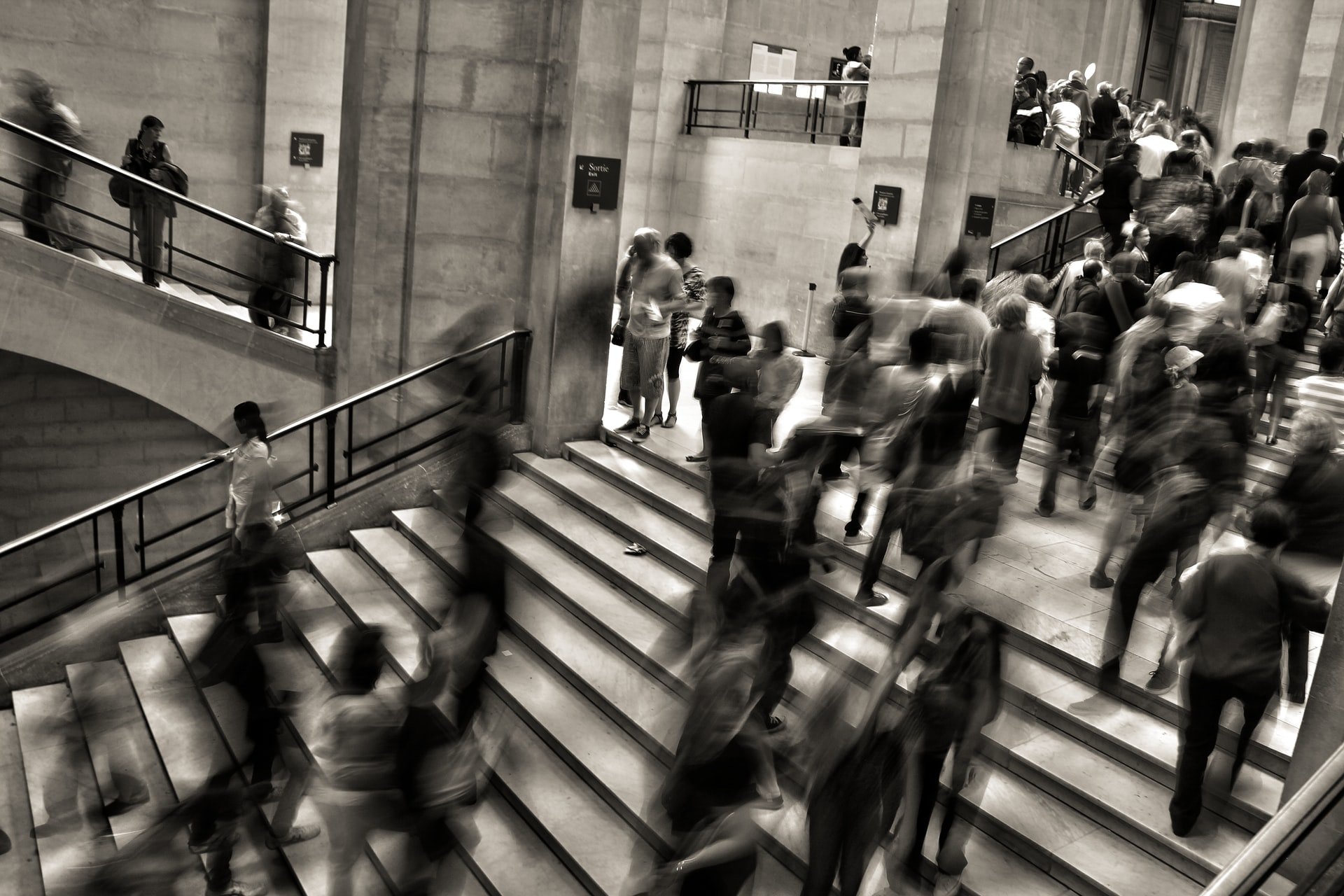
Why we all suffer from inattentional blindness
Picture this: you’re driving through a busy junction. You look to check it’s clear then suddenly another vehicle almost hits you. You failed to see something dangerous that you should have paid attention to. As Steve describes, bikers are often the unfortunate casualty in this type of situation.

So what happens? Do our eyes fail to work properly?
Well, no they don’t. In fact they work as well as they always have. But the image they take in that split second doesn’t get to the attention part of our brain, so we don’t register it in our conscious mind. And that vehicle, person or obstacle wasn’t there as far as our brain was concerned.
This is called inattentional blindness.
It’s not as uncommon as you might think
Ordinarily it’s happening all the time. It keeps superficial images and sounds we don’t need to pay attention to at bay and stops us from overloading our central executive. This is an important part of your working memory which brings all the information from your senses together with your memories of what things are for. And it helps you make sense of everything so you can achieve a goal.
When we enter a room we expect to see certain things like curtains and furniture. So we quickly take all this superficial stuff in then concentrate our limited attention on what we really need to think about. Without this we’d be inundated with every piece of information and filtering out what we don’t need would slow us down.
So when you’re driving you expect to see cars and vans. They become part of the superficial images you’re filtering out as you pay attention to vehicles in front or road signs and traffic lights etc. Roads are full of visual stimuli that we have to constantly filter so it’s no wonder we sometimes miss important things when we should have given them our attention.
Also when you do spot something you have to deal with it, like a van up ahead. But then you move on to other things so it disappears from your stream of conscious thought. And if you’re dealing with a lot of other attention-seeking processes like remembering what to say in a meeting or worse still taking a call, you’re just limiting your ability to switch attention back to the road in front of you. That’s when people make mistakes due to lapses in concentration.
‘Look again for bikes’ was a campaign to stop us pulling out without considering that there may be a bike. I think it should be ‘look again for anything that might be on the road’. When you’re next preoccupied, remind yourself to ‘look again’ to bring it into your conscious thought.
Boredom is another dangerous risk when driving because we have a tendency to drift away from our concentration. When we’re bored of a journey we let ourselves get too close to the car in front or miss junctions.
Inattentional blindness has been the cause of many other safety-related incidents too. Like nurses administering the wrong drugs because they didn’t see the label or the warning sign that appears on screen.
So share your near misses on the road don’t keep them to yourself. You might remind someone to turn off their radio when they get to a busy junction or not use their phone.
Any time there’s familiarity in a situation and stress or pressure on an individual they’re prone to making mistakes like this. So beware of that check that fails to alert people and avoid being complacent to risk.
Read this article on inattentional blindness if you want to find out more.



